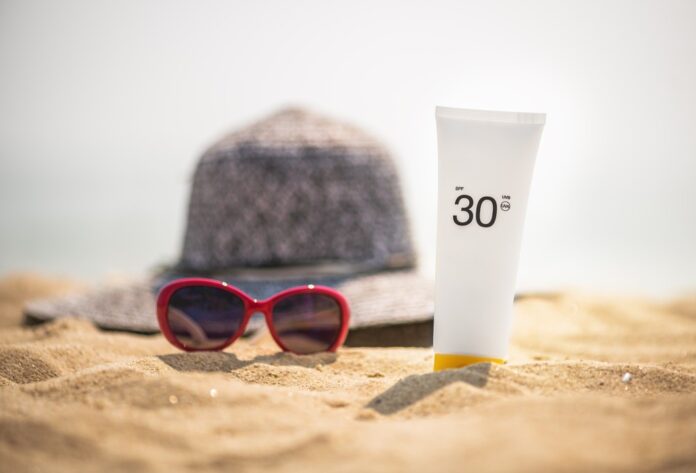In a tropical country like Indonesia, wearing sunscreens or sunblock is non-negotiable. The sun and heat both infiltrate the skin causing age spots, hyperpigmentation and even skin cancer. However, there are many myths and misconceptions about sunscreens that it can affect the effectivity when wearing it.
Here are the 5 basic rules for wearing sunscreen:
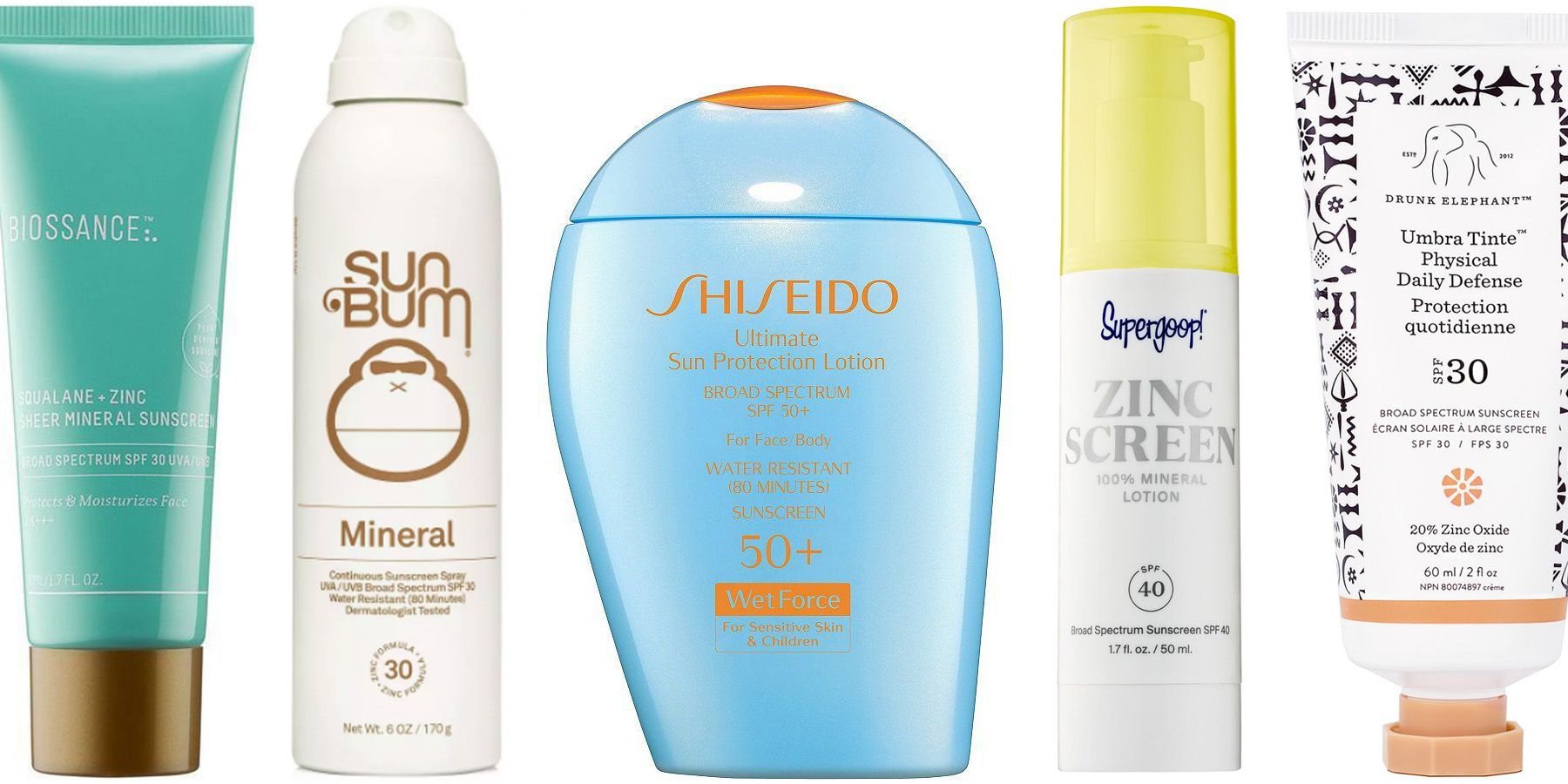
Choosing sunscreens that work for you is the first step of protecting your skin. Yet whichever sunscreen you choose, make sure it’s got broad-spectrum coverage. Lest you won’t be fully protected from the sun’s harmful rays. This is because ‘broad-spectrum’ coverage protects the skin from both UVA and UVB. UVA damage can contribute to signs of aging as well as skin cancer, while UVB rays are what can lead to reddening or a dreaded sunburn (which can also contribute to skin cancer).
To make sure that you choose the right sunscreen, read product labels carefully. The SPF bottle will mention whether it’s broad-spectrum or not.
- How Much Sunscreen You Use Matters
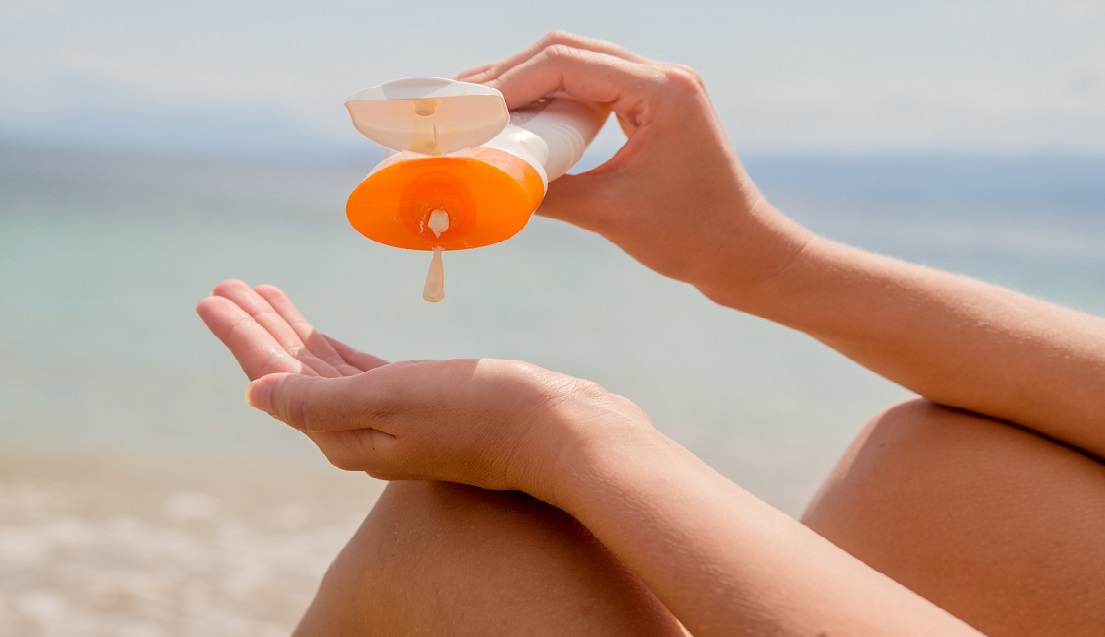
If you apply sunscreen every day, that is a great start. The question is: how much sunscreen do you put on that daily basis?
To get full protection that is labeled on the bottle, it’s certainly not enough to just apply a few squirts of sunscreen. As a guide, it’s recommended that you apply a nickel-sized amount or two finger-lengths of sunscreen just for your face. Meanwhile if you want to apply it on your body, a full shot glass is required.
- Your Sun Protection Factor Should Be At Least 30
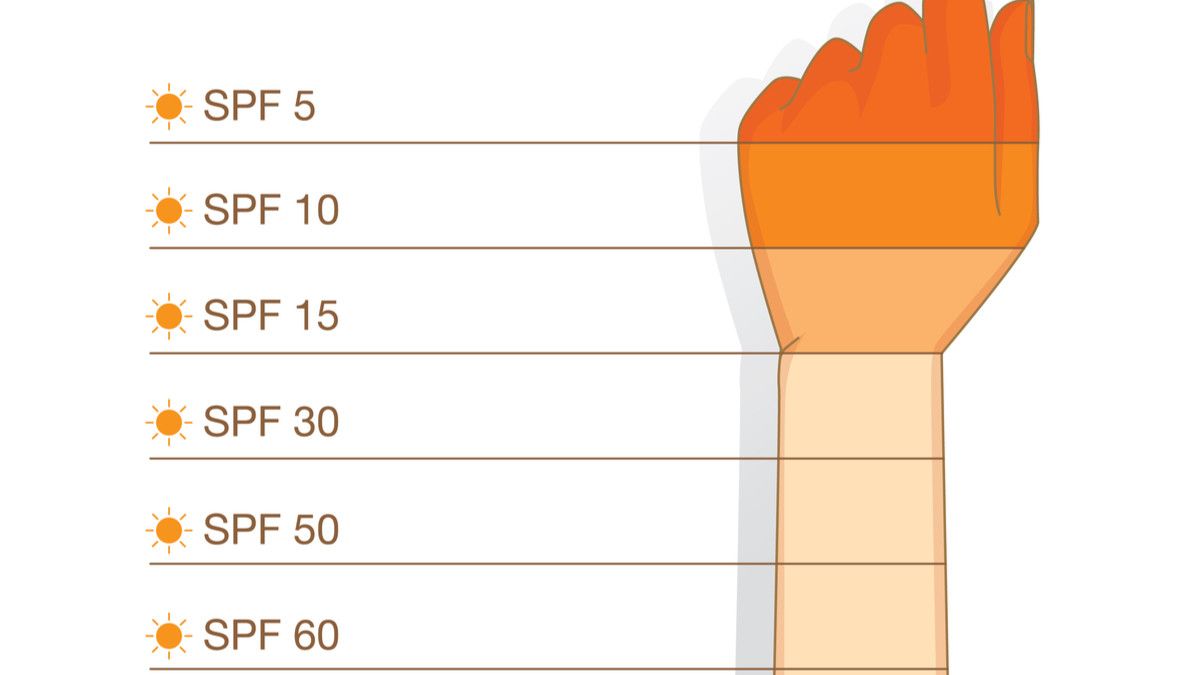
In the supermarket or drugstore shelves for sunscreen, there are tons of options. There’s SPF 15, 30, 50 and even 100!
How would you choose the right one?
The answer is anything above SPF 30. A high SPF number does not guarantee that it will protect the skin more so than SPF 50. This is because SPF 30 filters about 97% of UV light and SPF 50 filters about 98%. SPF higher than 50 doesn’t confer any significant additional protection. For reference, an SPF 15 blocks 93% — so always go with an SPF of at least 30.
4. Sunscreen Does Expire, So Make Sure Yours Hasn’t
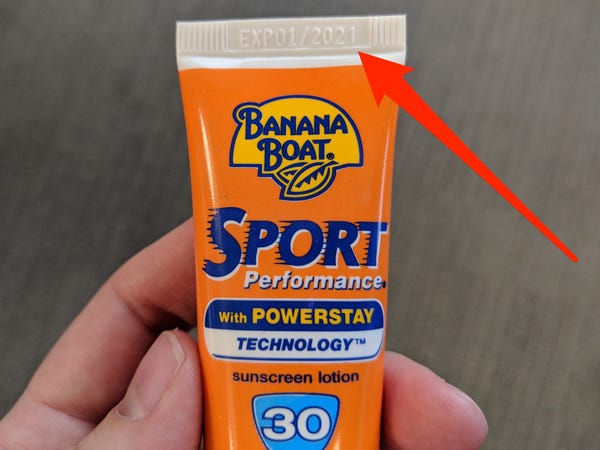
When it comes to makeup, many of us can get away with expired blush or mascara that should be tossed out years ago. However that is not the case with sunscreen, as Any sunscreen that is past its expiration date has lost its efficacy and can potentially cause an atopic reaction. That’s due to factors like time since manufacturing and oxidation (exposure to oxygen). Luckily, the expiration date will always be present on the sunscreen bottle. To ensure your bottle of SPF stays fresh for as long as possible, store it indoors as heat can damage and diminish its protective powers.
5. Know How Often To Reapply Sunscreen
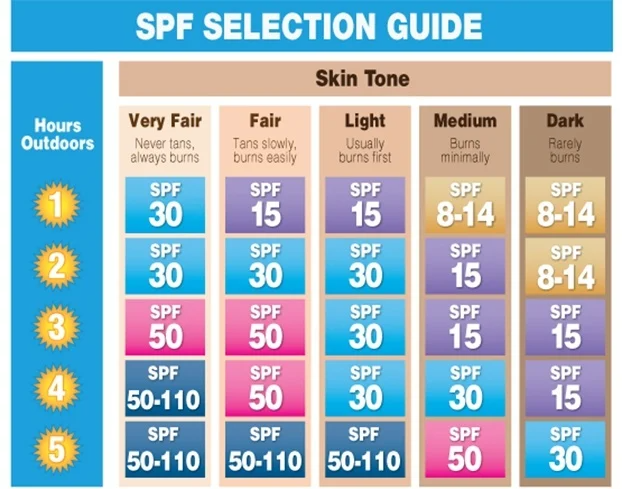
It’s a common myth that it’s enough just to apply sunscreen once throughout the day. The truth is, the sunscreen that you have applied in the morning won’t protect you from the sun beams four hours later. It wears off. To get the benefits, reapply every two hours to maintain full protection.
Reapplication should be more frequent (every 60 to 90 minutes) with minimum SPF 30 if you’re sweating a lot, in more intense sunlight, or spending an extended period of time outside. Don’t forget to add a hat or sun-protective clothing.
The same applies when you are swimming or getting wet, as you need to reapply sooner than two hours (even if your sunscreen is water-resistant) to maintain the full benefits. Whatever the scenario, you can even set a timer on your phone so you never forget reapplication of sunscreen.
What are your favorite sunscreen brands? What are your experiences while wearing sunscreen? Tell us in the comment section what you think!

